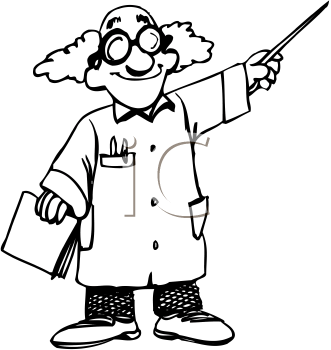That's why I still conduct writing workshops. Sure, I get paid almost enough to cover my gas to and from the event, but the truth is I still have a major teaching jones. It took me a long time to learn this stuff, so I want to help other people learn from my mistakes.
When I turned in the key to my classroom for the 33rd time, I knew how to write a decent sentence and even a passable paragraph. But I didn't know how to tell a good story. That's harder than it sounds. You probably have at least one friend or relative who can mangle a knock-knock joke or put everyone to sleep telling about something that happened to them, don't you?
Once my writing collected enough form rejection letters to make the point, I went back to what my adviser on my sixth-year project (A novel, by coincidence) told me years before. He directed me to the paperback racks in the local drug store (If you're under about forty, you may have to Google those terms) and read the first chapter of ten or twelve books at random.
"Don't read Austen and James and Conrad," he told me. "Read Arthur Hailey and Irving Wallace and Jacqueline Susanne and Mickey Spillane. Read Michener (He hated Michener). Figure out what they do in those first few pages that you don't. You don't have 'first-chapterness.'"
Plumbers, carpenters and electricians all train apprentices. So do doctors and teachers. People take dancing lessons, music lessons, golf lessons and painting lessons. We know that one-on-one training works. How do fish learn to swim and birds learn to fly? You can buy a bunch of books and read them, but a good writing workshop is even better.
Many writing conferences offer sessions by writers who are also excellent teachers. They may even feature a one-on-one manuscript critique. At the New England Crime Bake, Kate Flora analyzed an early version of my own Blood On The Tracks and turned problems into opportunities. At the Wesleyan Writers Conference, Chris Offutt looked at an even earlier draft of that same book.
When I met him over coffee (We both wanted beer, but we were on campus), he said, "You write excellent dialogue, and you probably know it. But that's both good and bad."
"How can that be?" I asked.
"Well," Offutt said, "it's good because it is good. But it's bad because you know it, so you try to make that dialogue do too much of the work. Have you ever done theater?"
At that time, I was acting, directing, producing or designing for four or five productions a year.
"You need to learn to write better exposition and description. Even plays aren't just the dialogue. The other stuff is the context that gives it meaning. And that's even truer in novels and stories."
My bookshelves sag under the weight of fifty or sixty books on writing, including a few on dialogue. None of them ever said that. The fifteen-minute chat helped more than all those books.
Now I pay it forward. I have five workshops scheduled through mid-November, and I'll share handouts with examples, both good and bad, and leave lots of time for people to experiment with them and ask questions. We do group activities, too: creating characters, punching up plots and premises, sharpening dialogue. Every time we encounter a problem (Which I often recognize in my own stuff, too) we figure out how to fix it. Mistakes are the best teachers I know, and I'm still learning every time I teach.
Most of the venues invite me back, which is great, but I don't do it for the money. Fortunately.
I do it because I still love it.

















